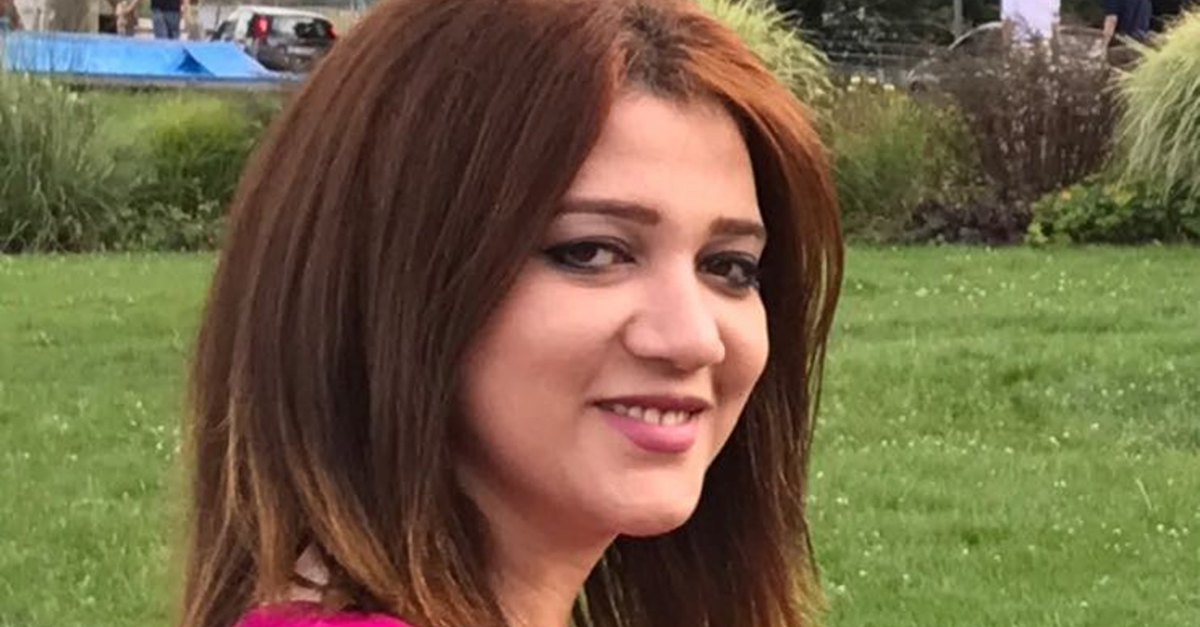هذا البيان متوفر باللغة العربية أيضاً
On 12 January 2022, Egypt’s Court of Cassation upheld Amal Fathy’s conviction on charges of “dissemination of false news” and “publishing material that insults public decency,” in case No. 7991 of 2018, and replaced the two years’ imprisonment and a fine of 10,000 Egyptian Pounds (US$558) sentence imposed on her with one of one year in prison.
The charges and conviction of Fathy arose from her testimony of a sexual harassment incident she published in 2018 on Facebook, in which she also criticized the authorities’ failure to protect women against sexual harassment.
“Targeting human rights defenders for exercising their fundamental human rights and freedoms through politically-motivated judicial proceedings violates their human rights and constitutes a flagrant violation of the judicial process and of the independence of the judiciary under international law binding on Egypt,” said Said Benarbia, Director of the ICJ’s MENA Programme.
Amal Fathy was originally arrested on 11 May 2018 and held in pre-trial detention for six months on charges of joining a terrorist organization” and the “dissemination of false news” in case No. 621/2018.
“The relentless crackdown on human rights defenders and any critical voices demonstrates in stark terms that the Egyptian government’s claims to promote human rights are blatant lies,” added Benarbia.
On 11 September 2021, President Abdel Fattah al-Sisi announced a National Strategy for Human Rights, which human rights organizations have robustly criticized for its lack of any acknowledgment of the dire human rights situation in Egypt, coupled with the absence of any willingness on the authorities’ part to address it.
Along with other human rights NGOs, the ICJ reiterates its call on the UN Human Rights Council to set up a human rights monitoring and reporting mechanism on Egypt with a view to promoting accountability for serious human rights violations in the country, including in the name of “fighting terrorism.”
Contact:
Said Benarbia, Director, ICJ Middle East and North Africa Programme, t: +41-22-979-3817; e: said.benarbia(a)icj.org
Asser Khattab, Research and Communications’ Officer, ICJ Middle East and North Africa Programme, e: asser.khattab(a)icj.org





